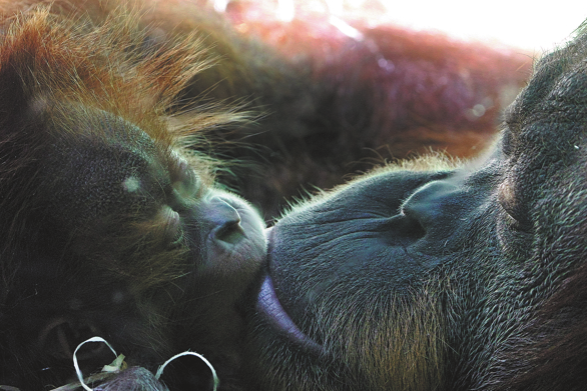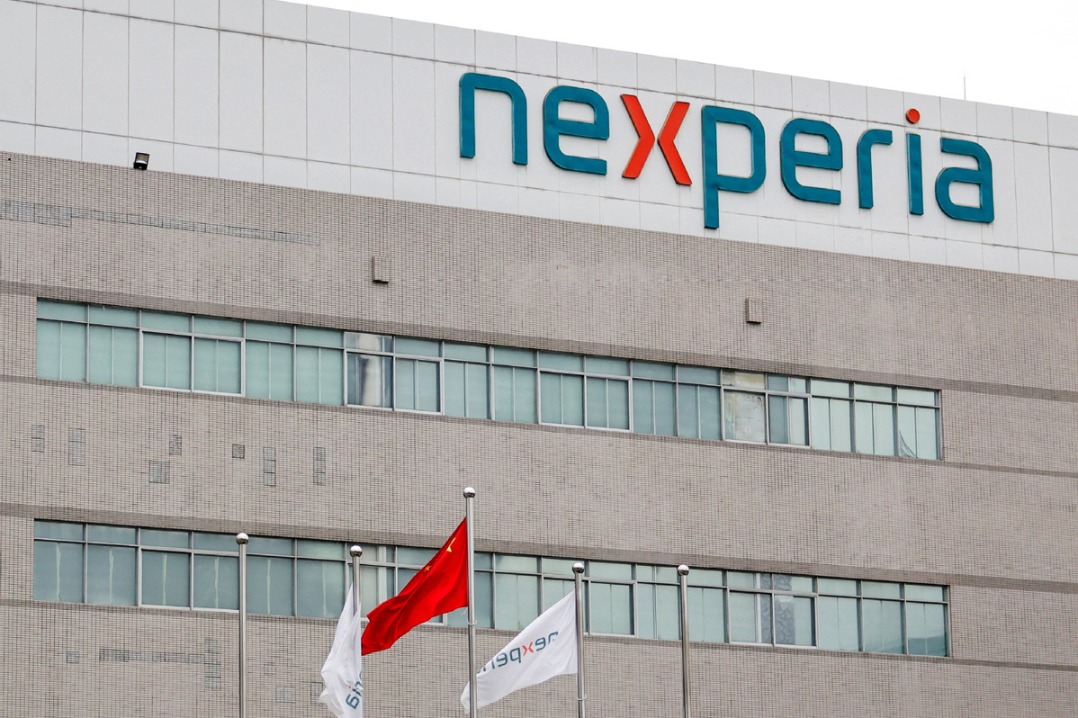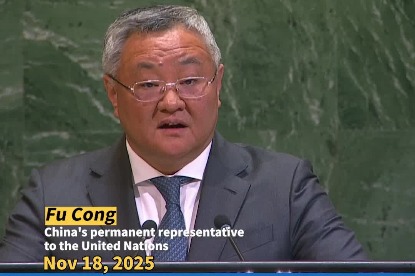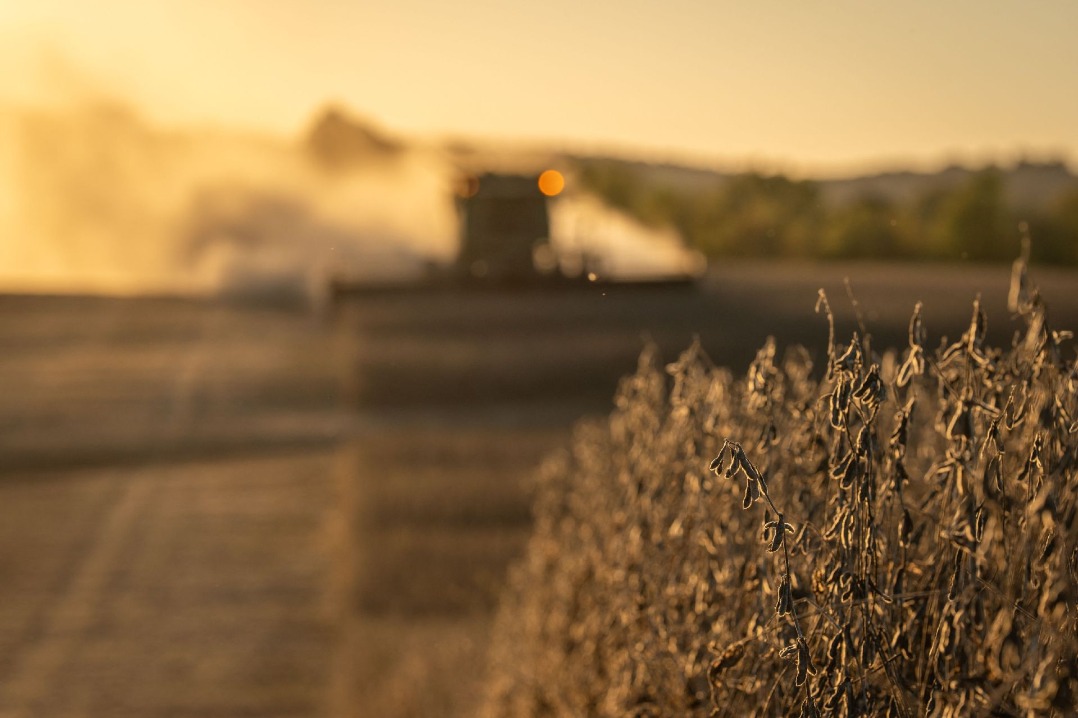Danish toy maker hails green efforts of Beijing


Danish toy maker LEGO Group sees China as a key market in achieving its sustainability ambitions and recognizes the proactive role that its factory in Jiaxing, East China's Zhejiang province, has played in the green transition, said Annette Stube, chief sustainability officer at LEGO Group.
"China is incredibly important for us. We have a long-term commitment there. There are 200 million children in China, and as a company, we want to provide learning-through-play opportunities for children all over the world, including China," said Stube.
Founded in 1932, the family-owned business has established a global presence, with its products sold in more than 120 markets. With 450 stores now operational in China, the company has been stepping up its commitment there, for example, by expanding the manufacturing capacity at its Jiaxing factory and opening the LEGOLAND Shanghai Resort this July.
China stands not only as a major consumer market, Stube highlighted, but also as a testing ground for the group's innovative sustainable practices, as China boasts renewable energy technologies, and a policy commitment demonstrated by its dual carbon goals of peaking carbon dioxide emissions before 2030 and achieving carbon neutrality before 2060.
Similar targets
China and the LEGO Group share similar climate targets, Stube noted, as the company pledges to reduce absolute greenhouse gas emissions by 37 percent by 2032, compared to 2019, and to achieve net-zero greenhouse gas emissions by 2050. "I think that is not a coincidence because this is what science tells us needs to be done," she said.
Stube also said the factory has been at the forefront of implementing the group's global sustainability ambitions through local, tailored solutions, offering the world valuable lessons from the "China experience".
Opened in 2016, the Jiaxing factory is the LEGO Group's first factory in Asia and its fifth manufacturing site globally.
The factory always has a strong focus on sustainability, the LEGO Group said. For example, in October, the plant completed the full transition of its existing packaging lines from plastic to paper-based materials.
"It is a big transition," Stube said, as she pointed out that the transition is not a straightforward swap of one material for another, but a complex changeover that involves considerable sensitivity, such as machinery upgrades, production line adjustments, and employees adapting to new ways of packaging, all requiring substantial investment.
In terms of reducing emissions from its production sites, the Jiaxing factory installed a new system in 2024 to capture and reuse heat from chillers, reducing natural gas consumption by 50 percent. The group said the system has been "so successful" that it is now being extended to other parts of the factory, with the aim of completely phasing out natural gas.
In August, the Jiaxing site also signed a power purchase agreement to source electricity from renewable energy, aiming to run on 100 percent renewable energy.
When asked why the Jiaxing factory has stood out in advancing sustainability efforts, Stube said, "It is the local efforts — the people at the factory who are really driving these efforts — as well as the global management (decision) that chooses where we want to push these initiatives first."
"China is such an important market to us … It's a natural choice to start there," she said.
Jiang Yi, head of communications at LEGO Group China, said China is the only regional market where the company has a dedicated sustainability communications role within its global communications team.


































